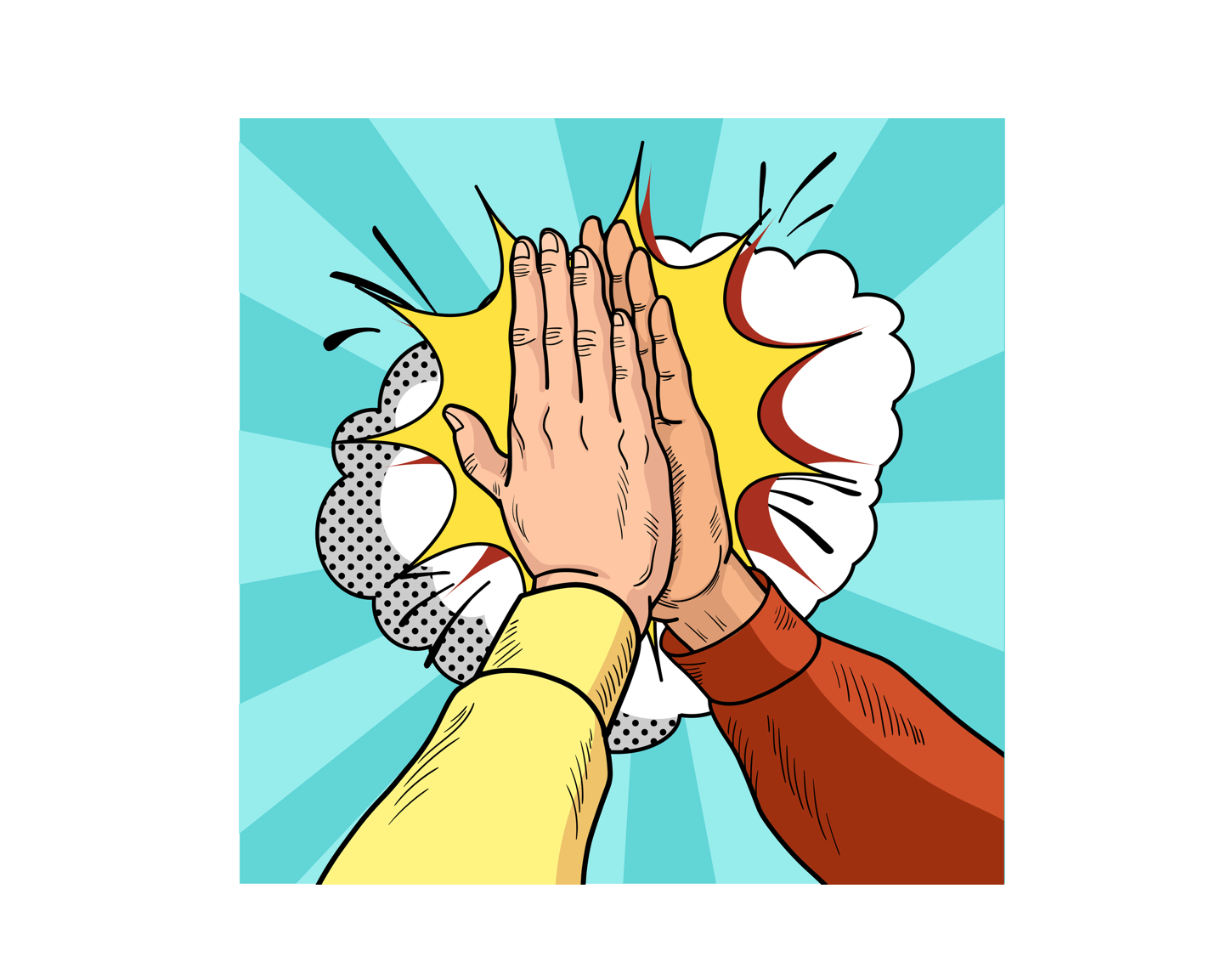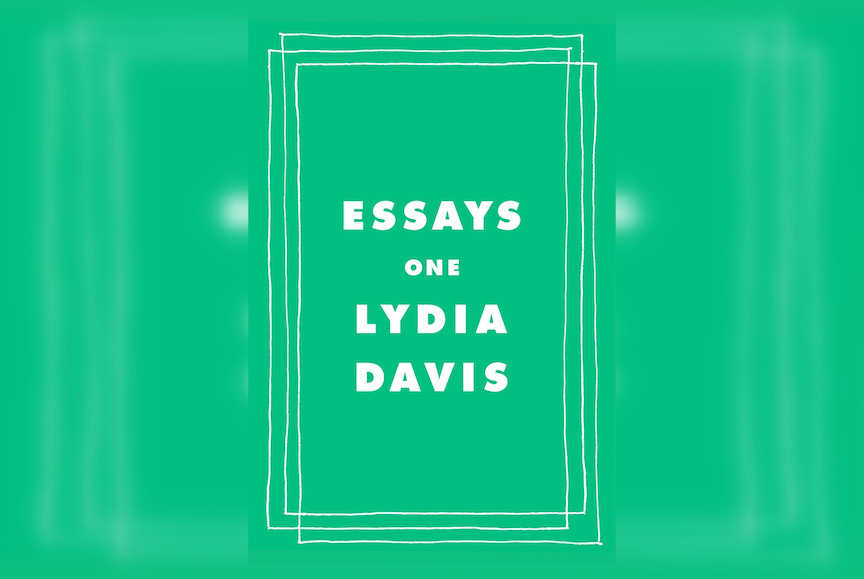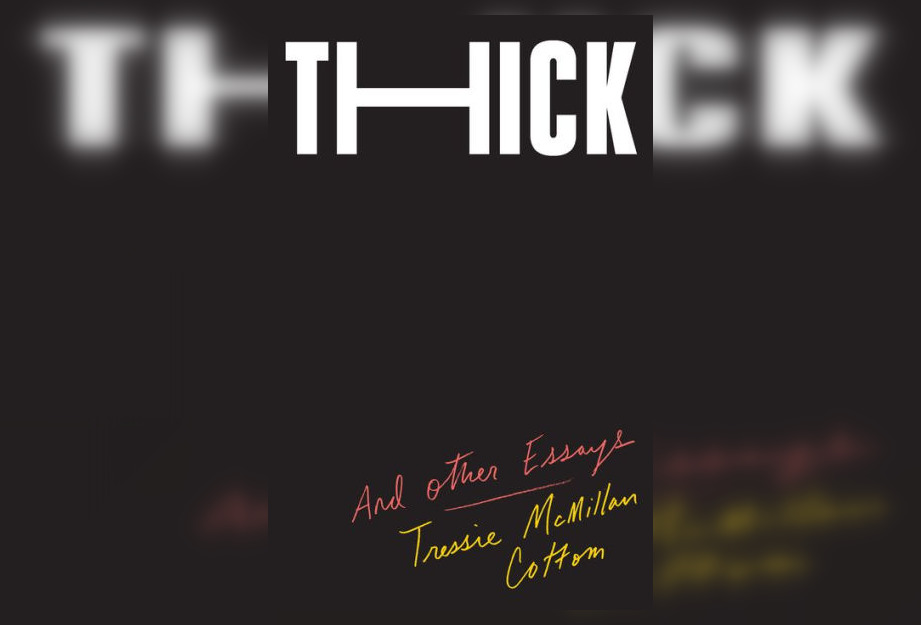I’d gotten into the bad habit of high fiving people whose mothers have died, or rather, high fiving people because their mothers died. It began with my ex-boyfriend, on one of our first dates. We were still getting to know each other. His mother died of cancer not long after his bar mitzvah.
“My mom’s dead too,” I remember blurting out excitedly. “Dead Moms Club!” It happened almost instinctively, the natural reaction to the revelation of a milestone, like passing a driver’s test or landing a role in a play, becoming a teenager, a bar mitzvah. It snowballed from there. New friends, co-workers, any person I was meeting for the first time— if they mentioned a dead mother, I would raise my arm into the air for a high five.
It was meant as an act of solidarity, a custom I’d stumbled upon in the years since my own mother’s death— used to recognize another person’s endurance through what follows in the grim wake of profound loss. I learned in a short matter of time that the revelation wasn’t the hard part, but more so what came next. The questions, the gentle prying; these were far worse. My life without a mother sounded like, I’m so sorry, she must have been so young, followed shortly by, Was it Cancer? Lupus? Is that like Cancer? Is that like AIDS? I didn’t know people even still got Lupus. Isn’t that why Seal, the “Kiss From a Rose” singer, has those scars on his face?
I have yet to conjure a proper response. My gut reaction to an apology is, “It’s okay.” But that isn’t true. I could say thank you, but that doesn’t work either. Thank you for being sorry that my mom is dead? To give no response is too uncomfortable, and waving it off makes me appear cold. Members of the Dead Moms Club already know all of this. It’s something you learn on the day of her funeral, a kind of crash course in awkward conversation. You fumble through apologies and handshakes, back pats and hugs from people you barely know. You navigate the gauntlet of mourners and funeral wreaths as quickly and delicately as possible, taking breaks to stand in a church bathroom stall alone for a few seconds of silence.
You learn how eager people are to explain why they believe their own losses, while not identical, are similar enough for them to know what you’ve gone through. My grandma, my aunt, my 20 year old pet tortoise— they’ve all been offered as evidence that the person speaking to you knows the specific ways your heart is breaking. Eventually, you hear “I’m sorry,” so often it makes you sick.
Meeting people with dead mothers comes as a relief. It makes my loss feel less isolating, so it seems oddly natural to respond with a certain level of enthusiasm. My high fives were a byproduct of that. It was my way of saying I actually do understand and we don’t need to talk about it. For the most part, the responses I’d received had been consistently casual. I was taking ownership of my tragedy and showing other people that it was okay to do the same. I was confident that I was doing something good, until I met Lisa.
We were getting to know each other in a bar after our first writing class when she quietly mentioned that she would be submitting work related to her mother’s death. She was concerned students wouldn’t give an honest critique, so I valiantly lifted my palm and held it out. My mom is dead too, I said, almost proudly, Dead Moms Club. Visibly shaken, she tapped her fingertips against my palm and let her hand drop back into her lap. Misreading her reaction for skepticism, I promised my honest opinion despite the sensitive subject, because I myself had gone through the same experience.
Unpacking my bag that night, I took her essay and curled my legs beneath the sheets of my bed. Red pen in hand, I read for pages as Lisa recounted her mother’s death, or rather, her mother’s murder, at the hands of her son, Lisa’s twin brother.
Squeezing my pen so tightly it shook, I tried to think of something to write, something useful.
“Oh, Lisa,” I began, “I’m so sorry.”
photo credit: Photo via iStock.com/Eseninstudio




